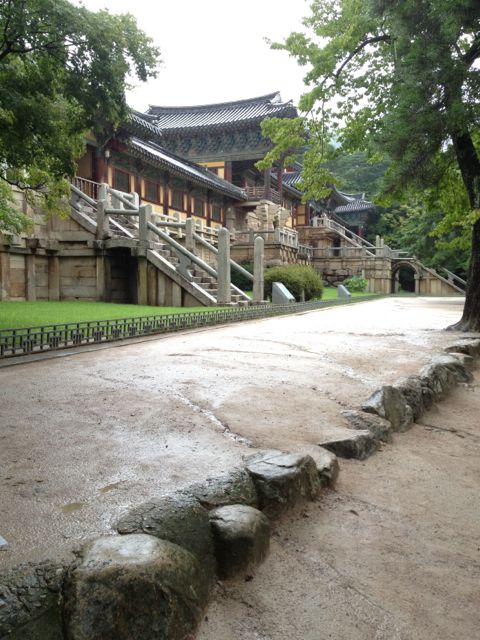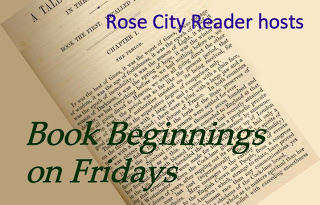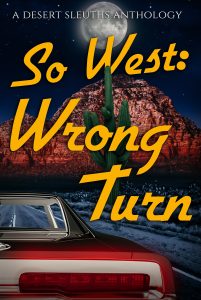The Orphan Master’s Son by Adam Johnson won the 2013 Pulitzer Prize for Fiction. It is an incredibly deep, complex novel. Let’s take a brief look at it from a writer’s perspective.
This post contains spoilers.
The Orphan Master’s Son*

 (*Amazon Affiliate link)
(*Amazon Affiliate link)
Summary: The history and culture of North Korea are mysterious. Adam Johnson pulls back the curtain, and delves deeply into the lives of leaders and regular citizens alike. It follows Pak Jun Do who eventually assumes the identity of Commander Ga, the husband of a famous actress named Sun Moon.
Some of this analysis follows the “Questions and Topics for Discussion” in the back matter of the book.
Genre
Because it won the Pulitzer Prize for fiction, one would assume The Orphan Master’s Son is a work of literary fiction. Although it follows some of the tenets of literary fiction, such as emphasis on themes and exploration of the inner life of the main character, it borrows from many genres. It has been called a thriller, a romance, and a work of political dystopia, although each of these categorize only parts of the novel.
According to the back matter, the author has described it as a “trauma narrative.” He says,
“Trauma narratives are hallmarked by fragmentation, broken chronology, changing perspectives, shifts in tone, and absented moments.”
In other words, it feels as if it was written by a person who has experienced severe trauma. He says that it would be a mistake to shape it any other way and I have to agree it makes sense.
Character
The protagonist throughout the novel is Pak Jun Do. He starts out life as the son of a man who runs an orphanage. Because of this, he is often mistaken for an orphan in later life, a label that means most of the time he is treated poorly. After spending a few years working in the total darkness of the tunnels that pass under the DMZ into South Korea, he moves on to become a kidnapper who grabs Japanese citizens and brings them back to North Korea. Climbing up the food chain, he joins a fishing boat to spy on boats and submarines from other countries. Finally he assumes the persona of Commander Ga, a confederate of the “Dear Leader.” Other, more fantastical, events occur along the way, including a trip to Texas.
In most books we expect one protagonist. In this case, however, the novel is so epic and the tones and topics change so much throughout the course, perhaps one was not enough. It might have been easier for the reader if the author had followed multiple characters and tied them together at the end. Frankly, it strains the imagination that one person had all these things happen to him.
Setting
The novel is unique because it is set in North Korea, a place that remains largely cut off from the rest of the world. Adam Johnson has gone to great lengths to make sure the setting is a real as possible. He interviewed people who defected from North Korea, he read newspapers from North Korea, and even traveled there to see it first hand. This level of research takes the book to the prize-winning level.
The realistic underpinning makes reading it an educational experience. At one point I wondered why the North Koreans went to Japan to kidnap people when their own citizens were starving. It became clear as the novel progressed that they cherry-picked victims to perform tasks that they couldn’t, such as finding English-speakers to help teach English or stealing away particularly talented singers.

(Note: this photograph was taken in South Korea -for obvious reasons)
Symbolism
We haven’t discussed the symbolism in the novels we’ve read up to now for this challenge, but symbolism is such a big part of this novel, it deserves a special mention. For just one example, when Jun Do goes to Japan, he is given expensive new sneakers so he can blend in with the locals. Later, around the time when Americans board the fishing boat he’s on, his crew mates find brand new sneakers floating in the water from a container that has fallen off a ship. They collect the sneakers at first, but throw them overboard again once they return to North Korea. What do you think sneakers symbolize?
Comments
The Orphan Master’s Son is by most accounts a difficult book to read, particularly in the beginning. There are, however, many things about it that make giving it a try worthwhile. It is particularly rewarding if you want to experience an imaginative and innovative way to handle a difficult and complex topic.
Join us on social media:
__________________
What are we reading next?
If you ever have questions about what we are reading next or when we’re starting the next discussion, check the 100 Book List tab in the navigation bar at the top of the blog.
The next book is number 89. Unaccustomed Earth by Jhumpa Lahiri (2008) – Short story collection – Discussion begins April 10, 2017.















